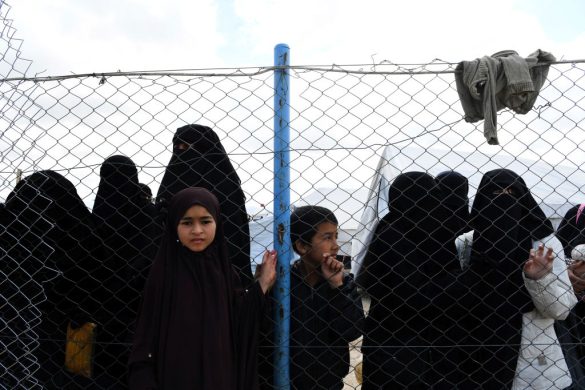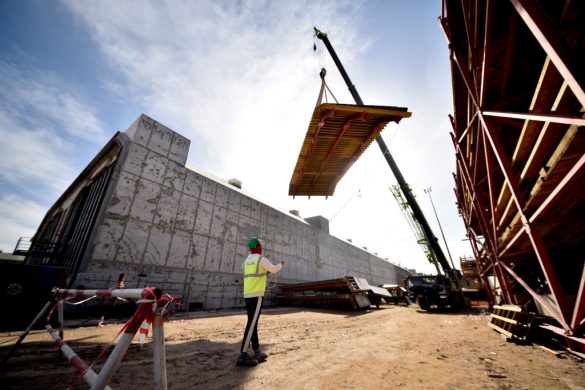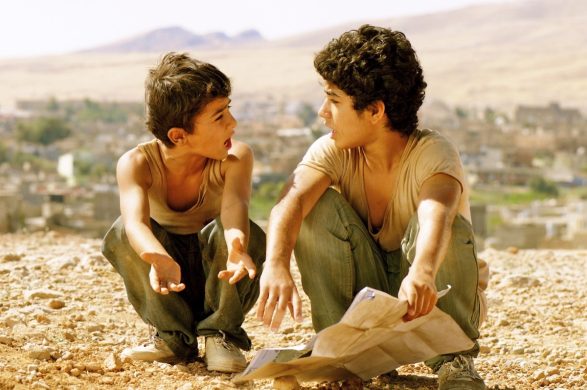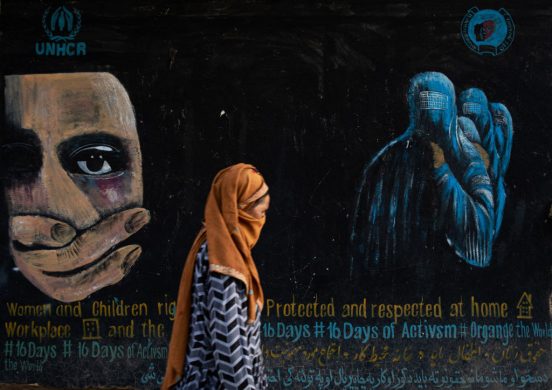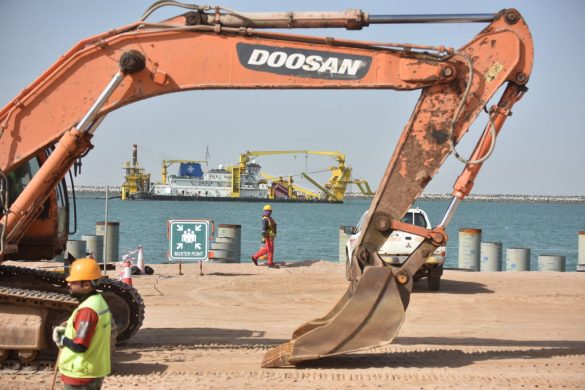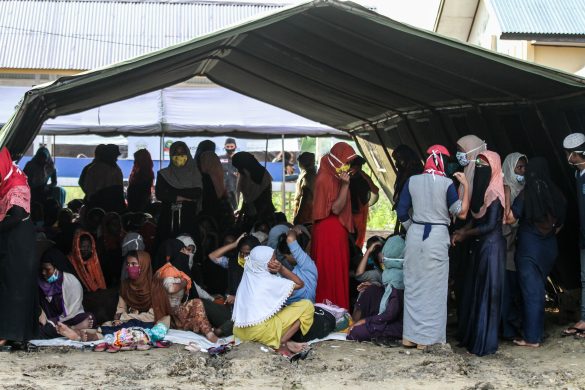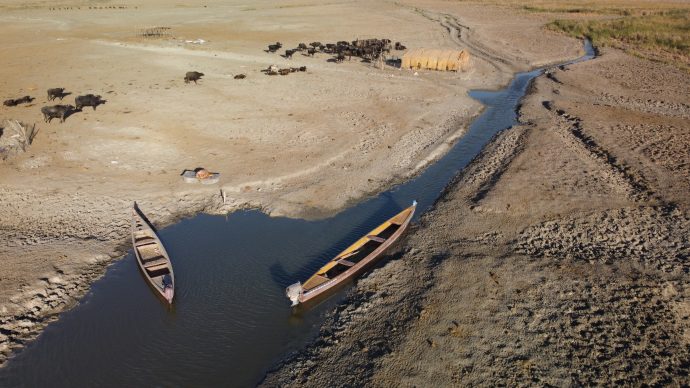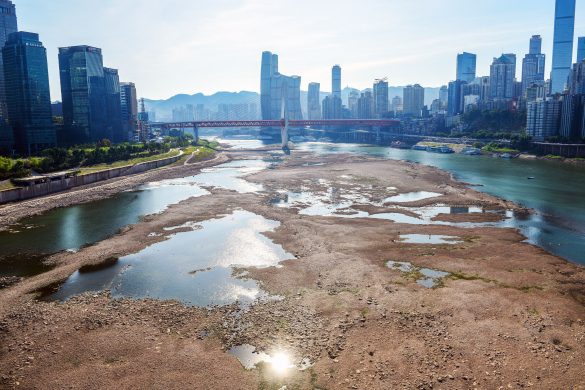ERBIL, 26. October, 2017 (NRC): Erbil, Iraq – Over 10,000 have arrived to displacement camps close to Ramadi, Anbar province, since the beginning of October according to the Norwegian Refugee Council (NRC), who provides emergency aid to these people.
As the Iraqi Government announced military operations to retake the last stronghold of ISIS, the International Organization for Migration has recorded that almost 65,000 people have fled Western Anbar already this year. Another 75,000 remain in western Anbar, according to the UN.
On the border with Syria, Western Anbar is the last area occupied by ISIS in Iraq. Those who have fled tell stories of forced recruitment of boys as young as eleven, food shortages and widespread human rights violations.
Mistede alt på flugten
“We didn’t make it to this place without seeing death with our own eyes a thousand times,” said Nafa Yacob, who fled two months ago, with his teenage son, so that the boy would not be recruited by ISIS.
“I used to have USD5,000 before. Maybe now I have USD30,” said Yacob who paid up to USD400 to smugglers for a safe passage out of Al Qaim for his 13 family members. They now live in two tents in Kilo 18.
“Now we have lost everything because of the trip. We found it very difficult for my son (who has a severe physical disability) and wife to go to the latrines. We cannot sleep. We cannot afford to go out of the camp,” he said.
The Norwegian Refugee Council is providing food, water, basic hygiene and household supplies to Yacob and other families who have fled Al Qaim in Anbar province, as well as food and water to people when they arrive.
Mangler midler til hjælpen
Alexandra Saieh, Advocacy Manager for the Norwegian Refugee Council said, “Displaced people living in Anbar are desperately short of assistance due to lack of resources. Those living in the camps tell us that there aren’t enough latrines and those that do exist and in a dismal state. Many of those living in the camps cannot go home and will be there for months, if not years to come.”
Only 62 percent of funding to the Iraq Humanitarian Response Plan has been received. The greatest need is for water, sanitation and hygiene which is only 42 percent funded.
“The end result of under-funding is that people who have fled this conflict have to endure inhumane conditions – not enough clean water to drink or toilets to use,” said Saieh.
“These are essential to prevent disease and, as people escape the conflict, we need to ensure that they aren’t fleeing from one disaster to another,” said Saieh.






